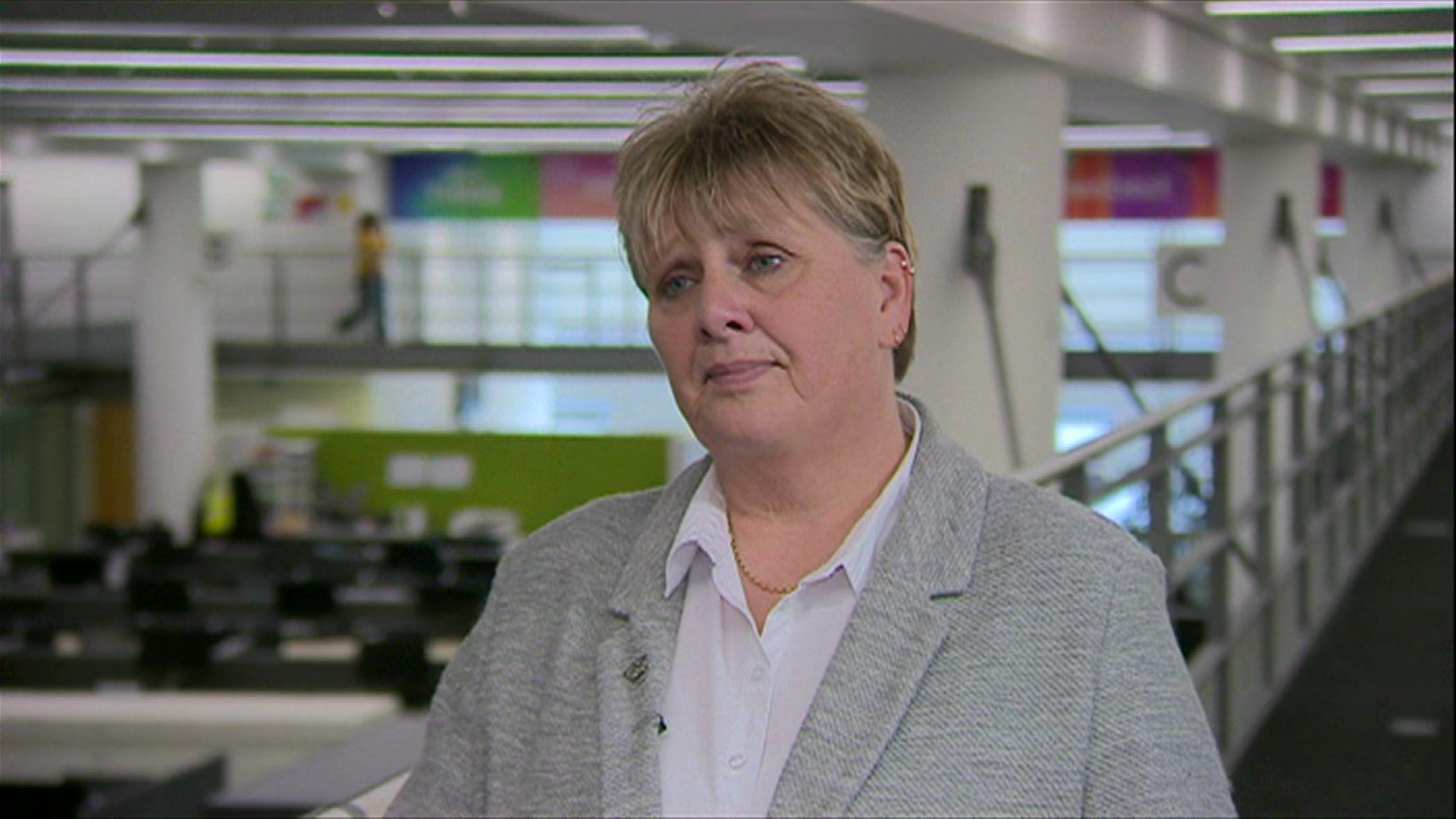2025: Five things to watch in the West Midlands
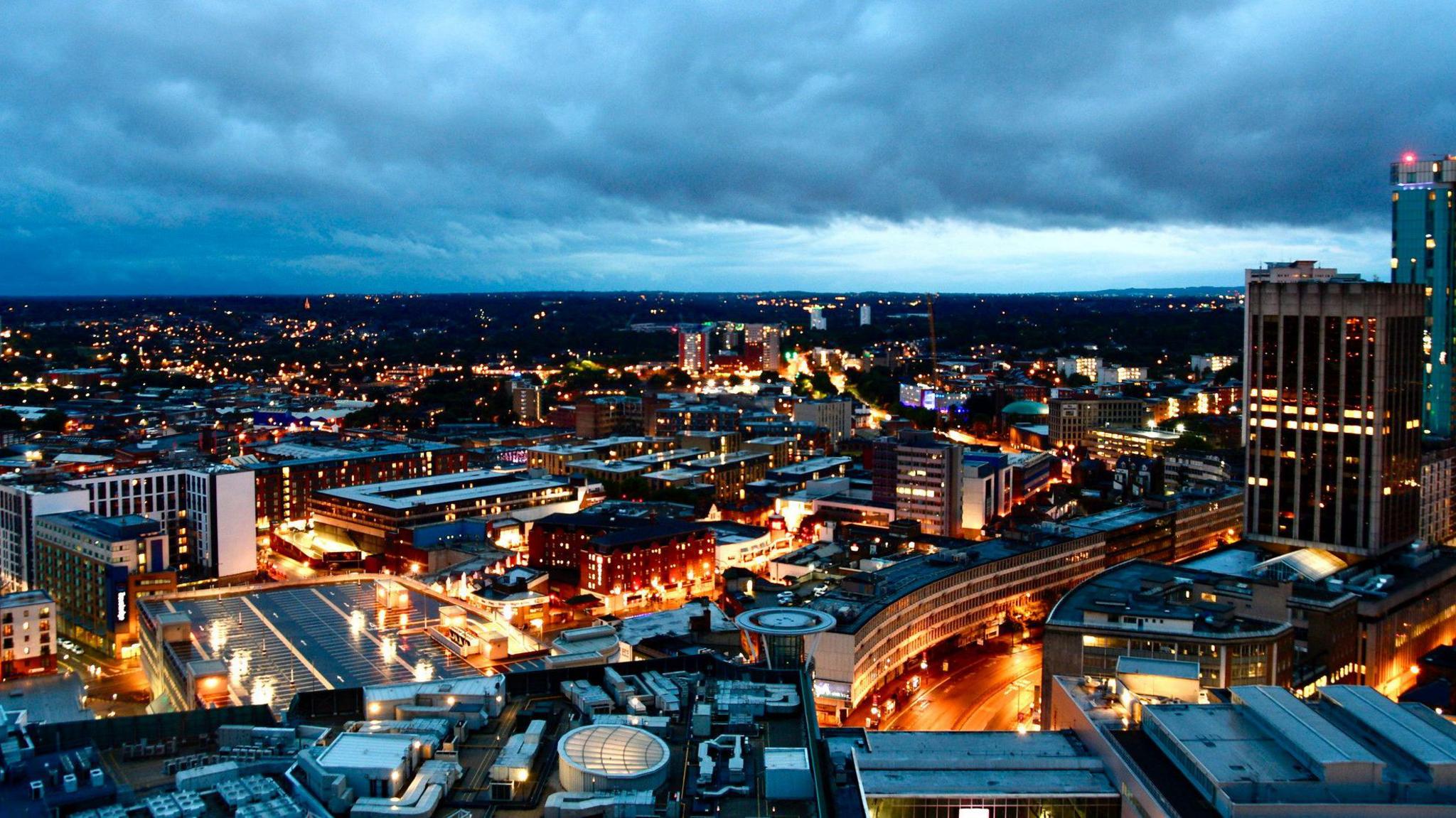
Labour won the West Midlands mayoral election for the first time in 2024
- Published
We've had 12 months of great political change in the Midlands, not only with the general election in July, but local and mayoral elections earlier in the year as well.
The Conservatives' domination of parliamentary seats was well and truly ended, indeed they were completely wiped out in vast swathes of the region, a total reverse of the 2019 result in places like Staffordshire.
Labour won the West Midlands mayoral election for the first time, but only by a wafer-thin margin, whilst they saw relative success compared to recent years in council elections.
There's a bit of time now for the politics team here in the Midlands not just to rest up and look back on tumultuous 12 months, but also think about what we'll be looking out for in 2025.
Council finances
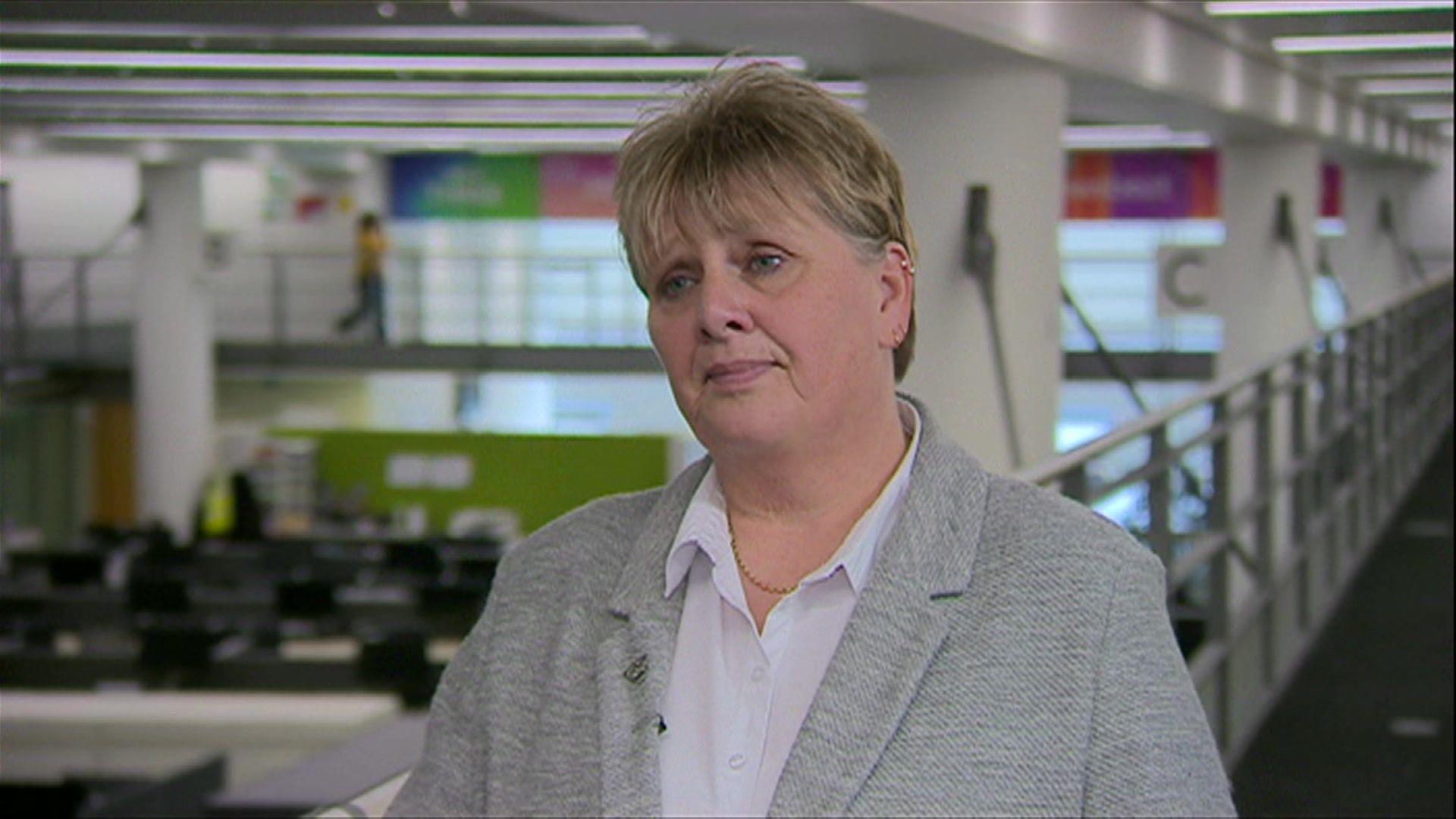
Shropshire Council leader Lezley Picton says the authority will be evaluating where it stands with its finances in the new year
Will we see any more councils in the Midlands facing being unable to balance their books?
In the meantime though, there are some very slightly more positive noises coming out of local government.
Birmingham has finally done a deal to settle its equal pay dispute, and the price may be as much as half the original estimate of £760m.
But things are still tough in the second city, and £300m worth of cuts to services are set to go ahead.
On 18 December, councils were told how much money they could expect from central government next year.
There's been a cautious welcome from some, but others like Shropshire say it won't change their overall position.
The leader there - Lezley Picton, has repeatedly warned they are very close to bankruptcy.
Devolution
Whilst we are talking about local government, it's on the brink of the biggest reorganisation in decades.
County council elections in Worcestershire, Gloucestershire, Staffordshire and Warwickshire are due to take place in May, but may yet not go ahead as planned.
That's because these areas have two-tier local government systems and the government has proposed abolishing the lower tier, leaving one authority for each area.
It's a mammoth task, reducing well over 20 councils to just a handful.
Even more controversially, the government says each area should have a directly elected mayor. That's never been a popular idea in the rural counties.
Councils have only been given until the middle of January to come up with proposals, and we may find out then that elections will be postponed for a year whilst the reorganisation takes place.
The rise of Reform
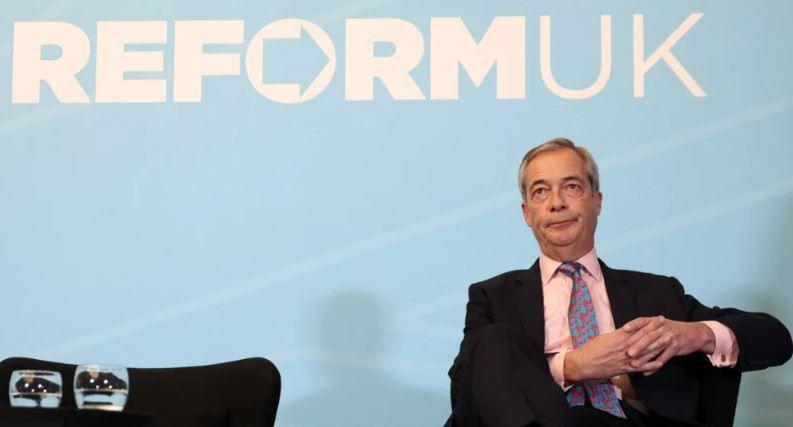
If the local elections don't go ahead, this will be more difficult to measure, but we'll be watching Reform UK closely in 2025.
Nigel Farage's party may not have won any West Midlands seats at the general election, but by vote share they came third in the region with more than 18%.
That performance cost the Conservatives dearly, enabling Labour to take seats in some unlikely places.
Following 1 January, it will be a year to organise and ready their resources for a big set of local elections in 2026.
Likewise, the Liberal Democrats and Greens will look to build on their general election success.
There will be local elections in Shropshire and the Lib Dems are hopeful of taking control of the council there.
And what of the independent movement in Birmingham that managed to dislodge a Labour MP in July?
Towards the end of the year we'll be looking for any signs that they have momentum ahead of an all out election in the city, also in 2026.
Bin strikes

Unite the Union said it was "not prepared to see its workers face a huge pay cut"
Last time bin workers walked away from their lorries in Birmingham, it saw mountains of rubbish piling in the streets.
Three hundred and fifty Unite the Union members are planning to walk out again for 12 days in January and February.
Council bosses will be very keen to do a deal.
As the most obvious council service most residents receive in return for their tax, getting the bins collected is an absolute priority.
But any deal will have to be reached within Birmingham's tight financial situation.
Birmingham pub bombings
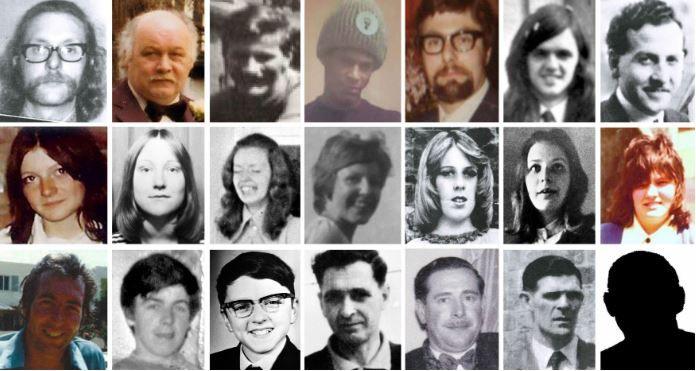
The killing of 21 people when bombs detonated in two Birmingham city centre pubs, on 21 November 1974, remains the UK's biggest unsolved mass murder
Finally, Birmingham has just marked the 50th anniversary of the IRA pub bombings, when bombs went off in two very busy city centre hostelries.
Families of the victims have long been calling for a public inquiry into the deaths of of the 21 people, on that night in 1974. It remains the UK's biggest unsolved mass murder.
Significantly, the prime minister has promised to come to a decision on whether there should be an inquiry as quickly as possible.
Could 2025 be the year campaigners finally get what they believe could be a route to justice for their loved ones?
Get in touch
Tell us which stories we should cover in Birmingham and the Black Country
Follow BBC Birmingham on BBC Sounds, Facebook, external, X, external and Instagram, external.
Related internet links
- Published19 December 2024

- Published15 December 2024
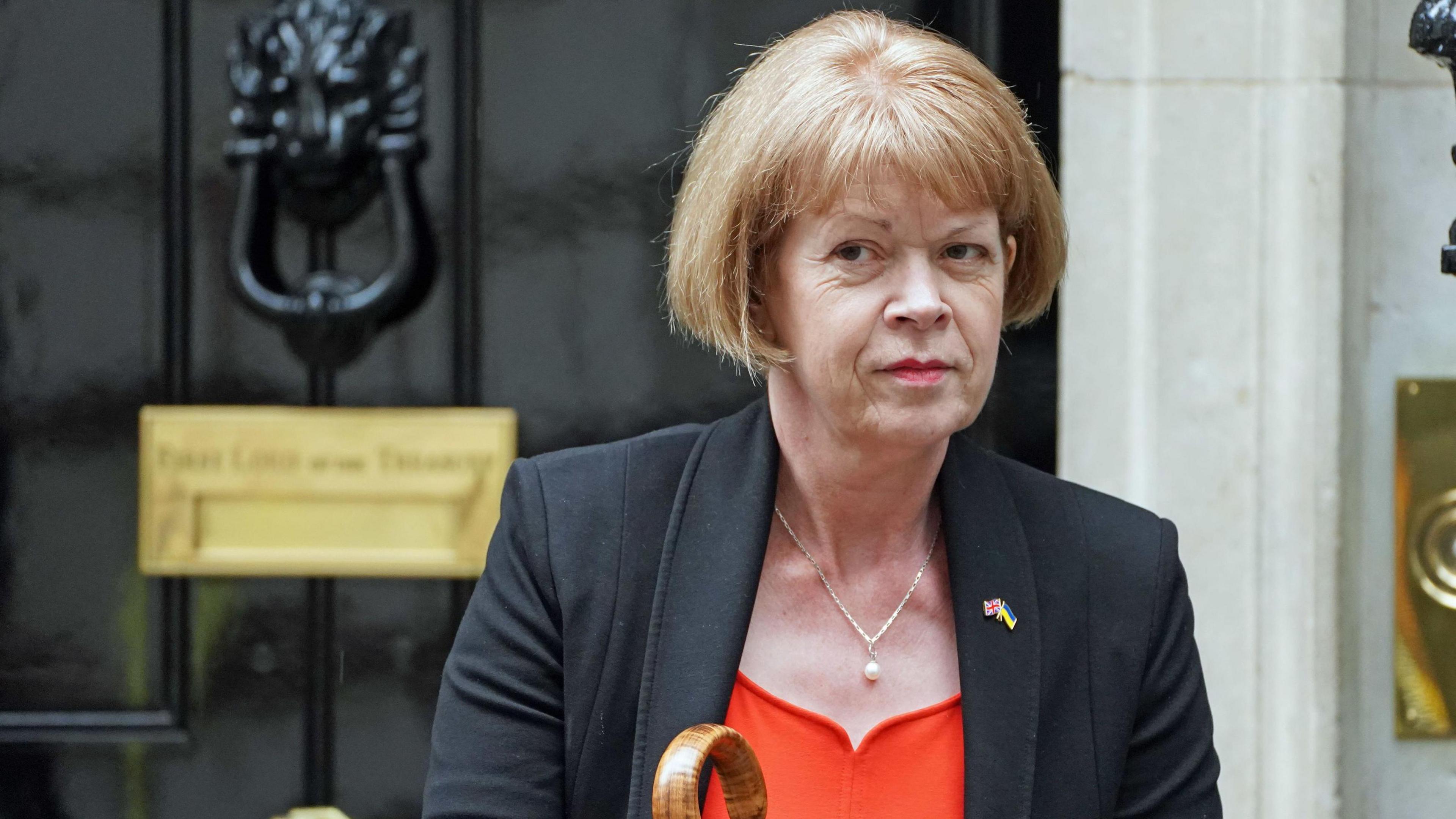
- Published10 December 2024
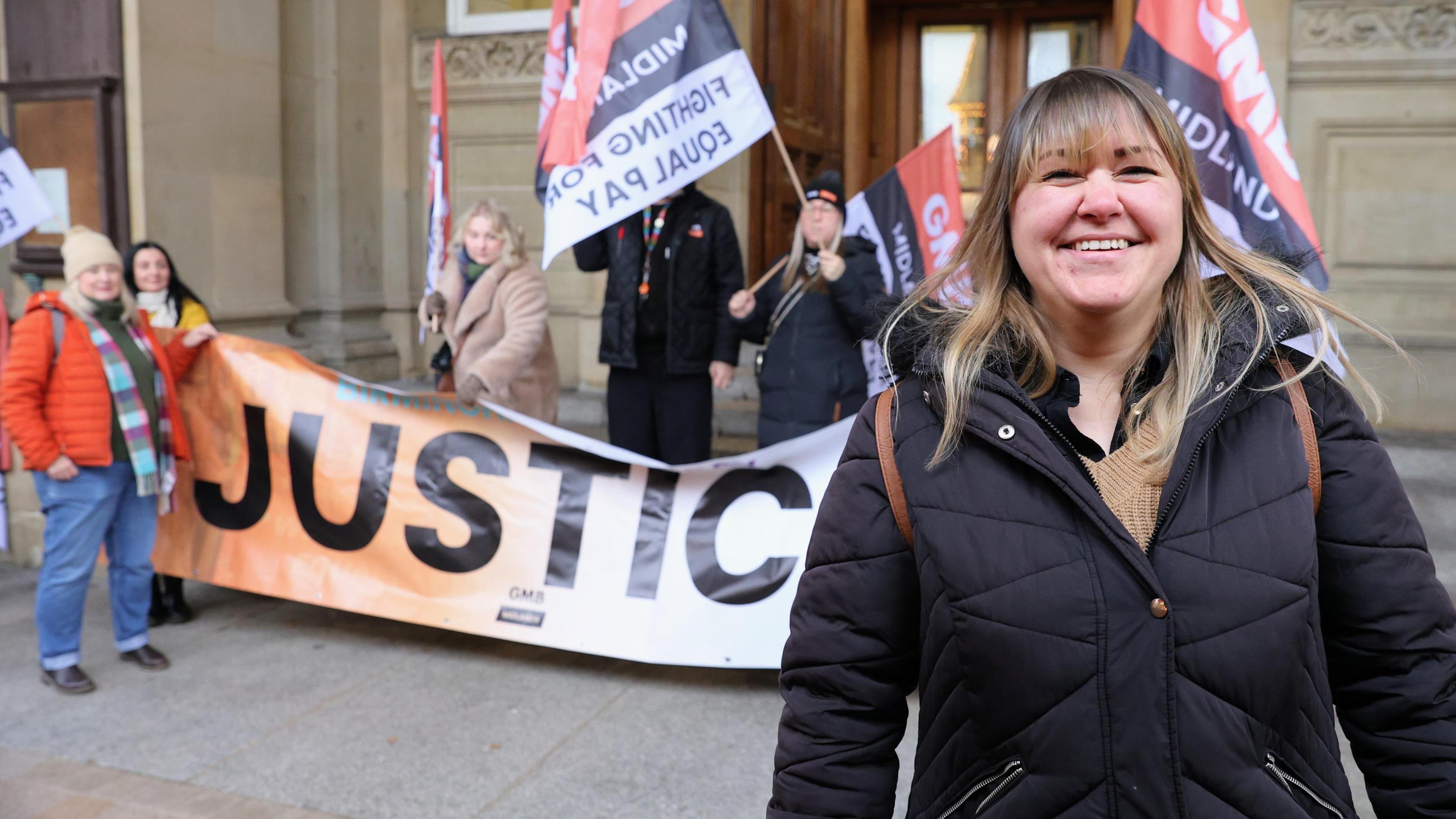
- Published22 November 2024
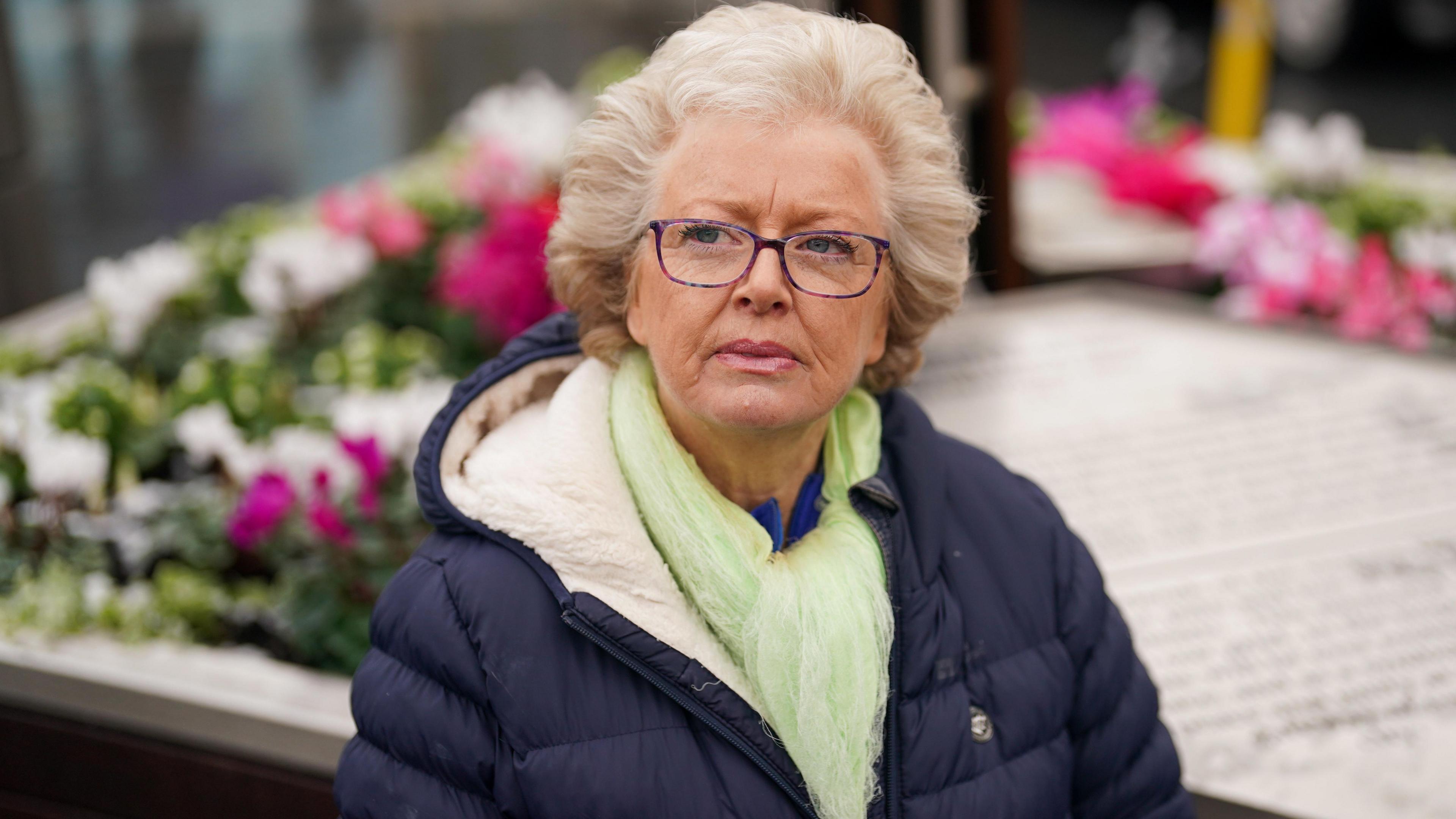
- Published14 October 2024
